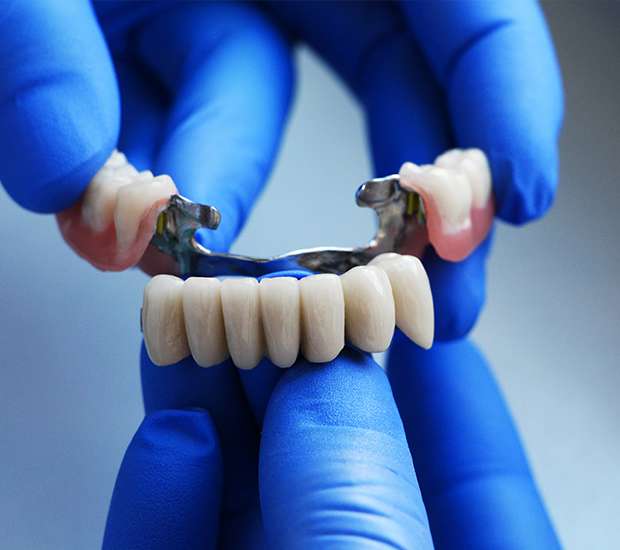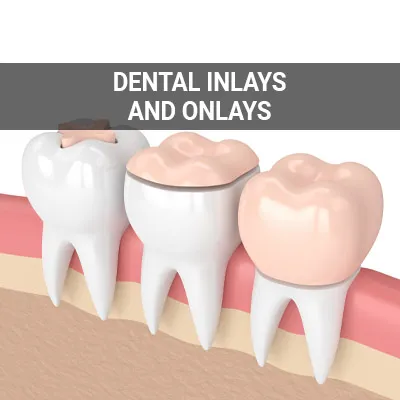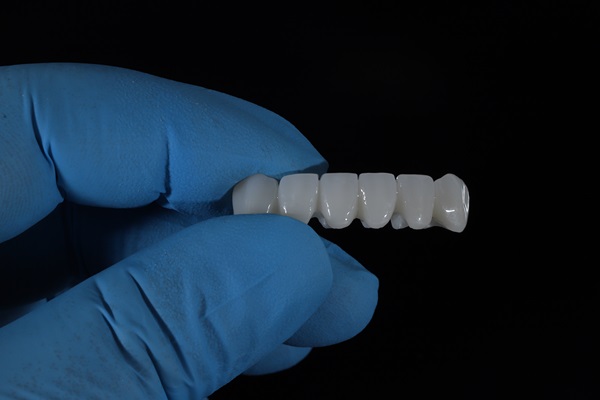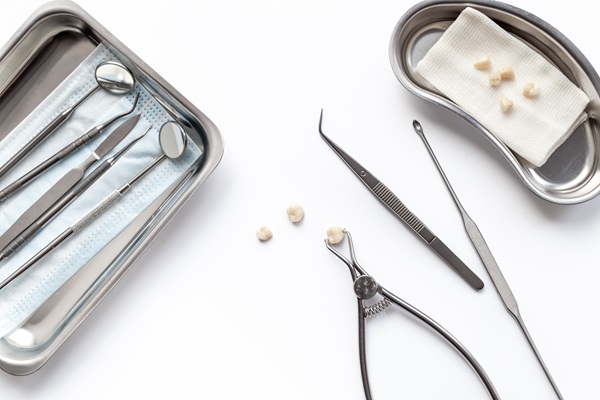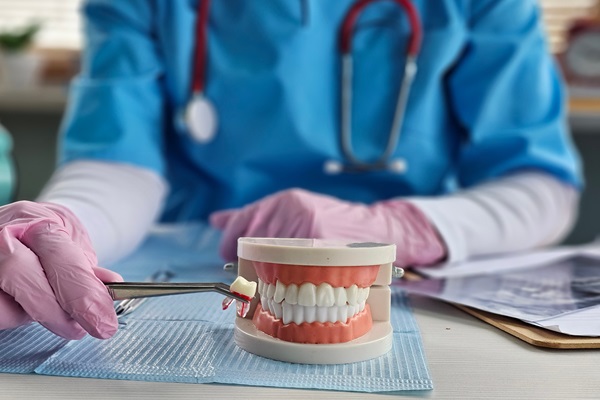Dental Bridges Norwood, NJ
Replacement teeth such as dental bridges help return the form and function of the mouth after a tooth extraction or other kind of tooth loss. Effective treatment and dental care after tooth loss can help patients enjoy more natural eating and speaking. A dental bridge is a type of replacement tooth that fills in the gap between natural teeth, often by connecting to the remaining teeth on either side of it.
Dental bridges are available at b Dental Spa at Norwood in Norwood and the surrounding area. If you have missing teeth or are expecting to undergo an extraction, do not wait to address the problem. A dental bridge may not only restore the appearance of the smile but also make daily life more comfortable. Call (201) 379-9312 to schedule an appointment and learn more.
Understanding What a Dental Bridge Can Do for You
A dental bridge is a partial set of replacement teeth, usually made from porcelain that looks and feels like natural teeth. There are several types of dental bridges, but most connect to the abutting natural teeth to hold them in place. This helps prevent the rotating and shifting that can be brought on by gaps in the mouth left by missing teeth. Bridge work is typically designed to be a permanent addition to the mouth and is not removable. Dental bridges require healthy surrounding teeth or implants to have enough bone support.
With proper care, dental bridges can last for close to ten years. Dentists recommend patients brush and least twice daily using a soft-bristled toothbrush. It is important to floss daily around the teeth and bridge and use an antiseptic mouth rinse. Your dentist may recommend a proxabrush to clean under your bridge. Patients who have bridgework are also advised to avoid tobacco products and hard sticky items like caramel.
“A dental bridge is a partial set of replacement teeth, usually made from porcelain that looks and feels like natural teeth.”
Candidates for Dental Bridges
To receive a dental bridge, the patient needs to have some remaining natural teeth. In general, dental bridges are appropriate for cases of one or a few missing teeth. If the patient is missing a large portion of the arch, another treatment may be preferable.During a consultation, we can go over possible options and see which one will be most effective for the patient.
Since it can take up to six months for the gum to heal completely, an individual may experience a delay in receiving a dental bridge. Additionally, a bridge may not be an option if there are insufficient bone and tooth matter to support it. b Dental Spa at Norwood can evaluate whether a patient is a candidate for this treatment. In some cases, a dental bridge may only be part of a treatment plan or smile makeover.
“In general, dental bridges are appropriate for cases of one or a few missing teeth.”
Dental Bridge Types
There are four major types of dental bridges. Three of them use different mechanisms to attach to the abutting teeth. The fourth type connects to the jawbone via an implant.
- Traditional. A traditional bridge is a combination of one or more replacement teeth with crowns on either side. It is necessary to grind down the abutment teeth slightly. The crowns are placed over the natural teeth and cemented in place.
- Cantilever. This is similar to a traditional bridge but used when there is only a single abutment tooth. It uses a cantilever design to secure the bridge in place from a single point.
- Maryland. The Maryland dental bridge also connects to the adjacent teeth. However, it has a metal framework that bonds to the inside of the natural teeth with resin, avoiding the need for crowns on the abutment teeth.
- Implant-Supported. Some bridges are implant-supported. They connect directly to the jawbone with dental implants, small metal studs that replicate natural tooth roots. Typically, there is one implant placed per replacement tooth.
“There are four major types of dental bridges.”
Check out what others are saying about our dental services on Yelp: Dental Bridges in Norwood, NJ
Dental Bridges Versus Dentures
One alternative to a dental bridge is a set of partial dentures. These can replace one or a few teeth similarly. However, unlike dental bridges, the dentures are not permanently placed but are removed for cleaning and sleeping.
Eating and speaking can feel more comfortable with dental bridges than with dentures, as dental bridges are more firmly rooted in place. Furthermore, you must remove dentures to clean them, whereas you can brush dental bridges like natural teeth. However, according to the American Dental Association, cleaning dental bridges may require extra care to ensure the health of the gum beneath the replacement teeth.
“Dental bridges are more firmly rooted in place than dentures, which can make eating and speaking easier.”
Questions Answered on This Page
Q. Am I a good candidate for a dental bridge?
Q. What are the different types of dental bridges?
Q. What are the differences between dental bridges and dentures?
Q. What are the benefits of dental bridges?
People Also Ask
Q. How can a dentist replace missing teeth?
Q. What is involved in getting a fixed bridge?
Q. What is it like to go through the process of receiving a dental crown?
Q. What is restorative dentistry?
The Benefits of Dental Bridges
Dental bridges can be an effective treatment for missing teeth. Our team recommends this option to patients who are candidates and want to restore the form and function of their mouths. These are a few of the benefits:
- Emulate Natural Teeth: The porcelain teeth on a dental bridge look, feel, and function like natural teeth. They are stable in the mouth. Therefore, they are similar to natural teeth when eating and speaking.
- Allow Brushing: Patients can clean dental bridges in the mouth, unlike with removable dentures, meaning they can brush and floss like normal. Maintaining this familiar process can make care more manageable.
- Provide Value: Compared to implants, dental bridges are less expensive. They may cost more than removable dentures. Many patients find that they provide a healthy balance between cost and effectiveness.
- Perform Effectively: Missing teeth may produce embarrassment and make speaking and eating more challenging. They may also slowly erode the jawbone over time. A dental bridge is an effective way to overcome these issues.
“Dental bridges can be an effective treatment for missing teeth.”
Frequently Asked Questions
Q. How can I care for my dental bridge?
A. According to the Oral Health Foundation, dental bridge patients should continue to care for their teeth as usual. They should brush at least twice a day, floss, and use mouthwash. Take special care to clean thoroughly around the bridge and along the gumline.
Q. How can I adjust my bridge?
A. Do not attempt to adjust a dental bridge at home. The dentist can make modifications to ensure the bridge fits comfortably in the mouth, which may involve changing the shape of the bridge to follow the gum more closely.
Q. Does it hurt to get a dental bridge?
A. Depending on the type of bridge, there may be some discomfort. However, anesthesia or sedation is usually involved in such procedures. In any case, any discomfort tends to be easily manageable and short-lived.
Q. How many appointments will I need to get a dental bridge?
A. In most cases, at least two appointments are necessary. The first is a consultation and measurement, and the second is the placement of the bridge. More appointments may be necessary, depending on the need for adjustments.
Q. How long will my dental bridge last?
A. With proper care, a dental bridge should last five to seven years. Some modern bridges last even longer, upwards of 10 years. Good daily hygiene and regular dental visits can help extend the life of a dental bridge.
Dental Terminology
Helpful Related Links
- American Dental Association (ADA). Glossary of Dental Clinical Terms. 2023
- American Academy of Cosmetic Dentistry® (AACD). Home Page. 2023
- WebMD. WebMD’s Oral Care Guide. 2023
About our business and website security
- b Dental Spa at Norwood was established in 2023.
- We accept the following payment methods: American Express, Cash, Check, Discover, MasterCard, and Visa
- We serve patients from the following counties: Bergen County and Morris County
- We serve patients from the following cities: Norwood, Northvale, Old Tappan, Closter, Emerson, Westwood, Hillsdale, Demarest, Park Ridge, and Upper Saddle River
- Norton Safe Web. View Details
- Trend Micro Site Safety Center. View Details
Back to top of Dental Bridges
